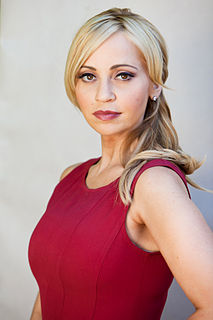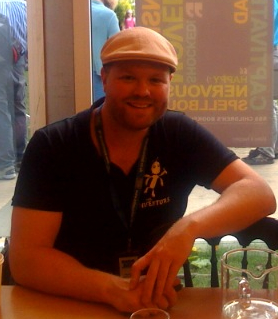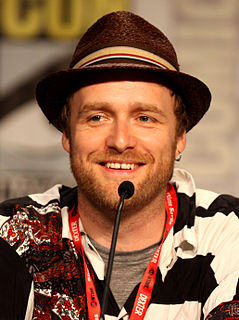A Quote by Johnny Depp
It's funny what [producer Richard Zanuck said about even though you can't quite place when the book or the story came into your life, and I do vaguely remember roughly five years old reading versions of Alice in Wonderland, but the thing is the characters. You always know the characters. Everyone knows the characters and they're very well-defined characters, which I always thought was fascinating. Most people who haven't read the book definitely know the characters and reference them.
Quote Topics
Related Quotes
Make sure your characters are worth spending ten hours with. That’s how long it takes to read a book. Reading a book is like being trapped in a room for ten hours with those characters. Think of your main characters as dinner guests. Would your friends want to spend ten hours with the characters you’ve created? Your characters can be loveable, or they can be evil, but they’d better be compelling. If not, your reader will be bored and leave.
People come, people go – they’ll drift in and out of your life, almost like characters in a favorite book. When you finally close the cover, the characters have told their story and you start up again with another book, complete with new characters and adventures. Then you find yourself focusing on the new ones, not the ones from the past.
The nature of acting is that one is many characters and jumps from one skin to another as a way of life. Sometimes it's hard to know exactly what all of your characters think at the same time. Sometimes one of my characters overrules one of my other characters. I'm trying to get them all to harmonize. It's a hell of a job. It's like driving a coach.
Margaret Cavendish was one of the people who came up in the course. That was when I started thinking about her as a character for a book, but my idea was for a totally different book. It had all these characters in it; Samuel Pepys was one of the main characters. He famously wrote these extensive diaries through the period that are really funny and sort of saucy, actually.
We're at a point nowhere it has to change. We have characters that are not alive that are alive in the book. We have characters that never appeared in the book. We have a lot of events that didn't quite happen the same way in the book. But there's so much in the book, stuff we've passed in the timeline that I really thought was awesome, that I really wanted to get to.
'Thunderbolts' I was mostly attracted to because I really wanted to write Punisher and Elektra and Deadpool, who are characters I have always really enjoyed. But the funny thing is that over time, I came to really like Red Leader; he became one of my favorite guys in the book. Sometimes characters surprise you.
Gettting to know your characters is so much more important than plotting. Working out every detail of your story in advance, especially when you don't yet know your main characters, always seems a little too much like playing God. You're working out your characters' lives, their destiny, before they've had a chance to discover who they are and what kind of people they want to be.
I think it's more fun to grow to love characters who are flawed than it is to present perfect characters. Perfect characters aren't very funny. Certainly my friends are a strange, intense bunch of people, and people's families drive them crazy, but challenging relationships are always more rewarding.
Some of the things I love the most are when a writer or a visionary takes on sort of an iconic character and then spins it. Like with Frank Miller, Batman was this one thing for basically forty years, and then Frank Miller came along and said he can also be this other thing. And Christopher Nolan came along and said he can also be this other thing. The idea of taking iconic comic book characters or superhero characters or mythic characters and subverting the genre or coming up with a new idea is something that's really interesting to me.


































